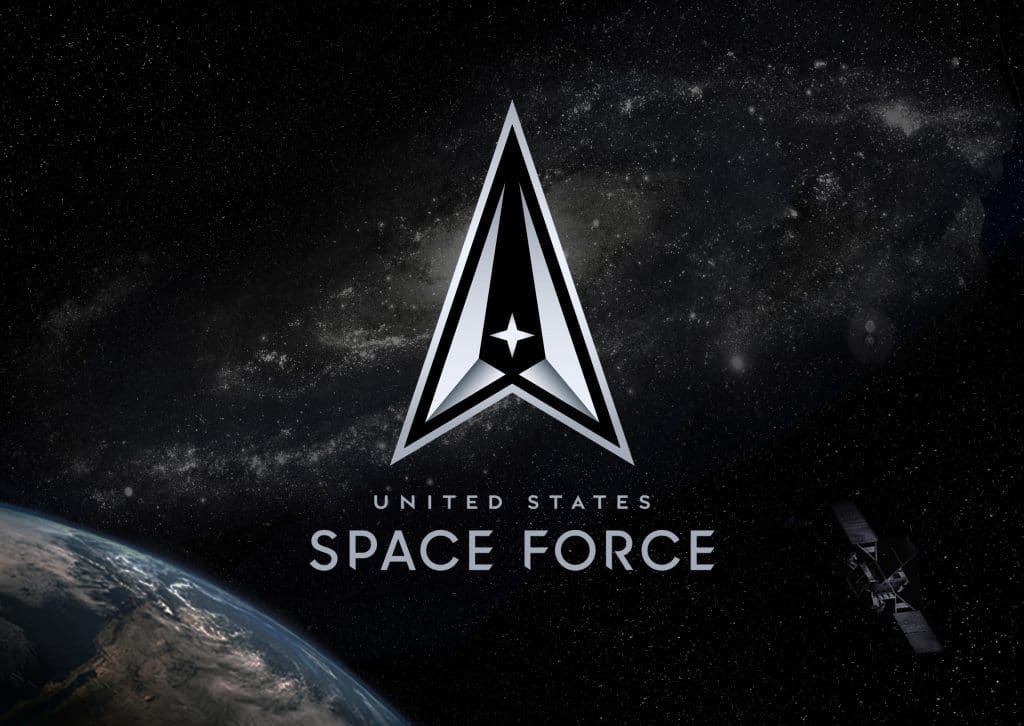 TheTechMedia.com/wp-content/uploads/2021/09/200722-F-GO452-0001-300×213.jpg 300w, https://TheTechMedia.com/wp-content/uploads/2021/09/200722-F-GO452-0001-768×545.jpg 768w, https://TheTechMedia.com/wp-content/uploads/2021/09/200722-F-GO452-0001-1536×1089.jpg 1536w, https://TheTechMedia.com/wp-content/uploads/2021/09/200722-F-GO452-0001-2048×1452.jpg 2048w, https://TheTechMedia.com/wp-content/uploads/2021/09/200722-F-GO452-0001-800×567.jpg 800w, https://TheTechMedia.com/wp-content/uploads/2021/09/200722-F-GO452-0001-1160×822.jpg 1160w, https://TheTechMedia.com/wp-content/uploads/2021/09/200722-F-GO452-0001-scaled.jpg 2560w” sizes=”(max-width: 1024px) 100vw, 1024px”>
TheTechMedia.com/wp-content/uploads/2021/09/200722-F-GO452-0001-300×213.jpg 300w, https://TheTechMedia.com/wp-content/uploads/2021/09/200722-F-GO452-0001-768×545.jpg 768w, https://TheTechMedia.com/wp-content/uploads/2021/09/200722-F-GO452-0001-1536×1089.jpg 1536w, https://TheTechMedia.com/wp-content/uploads/2021/09/200722-F-GO452-0001-2048×1452.jpg 2048w, https://TheTechMedia.com/wp-content/uploads/2021/09/200722-F-GO452-0001-800×567.jpg 800w, https://TheTechMedia.com/wp-content/uploads/2021/09/200722-F-GO452-0001-1160×822.jpg 1160w, https://TheTechMedia.com/wp-content/uploads/2021/09/200722-F-GO452-0001-scaled.jpg 2560w” sizes=”(max-width: 1024px) 100vw, 1024px”>Space has remained the final frontier for humanity to conquer, but as the years go by, mankind is coming closer to conquering it. This is spearheaded by the efforts of NASA, Elon Musk’s SpaceX, Jeff Bezos’ Blue Origin, Richard Branson’s Virgin Galactic, and many others. And while they have had their differences, their work has led to several achievements. What remains to be seen is what the teamwork of four major players in the space game will unveil, and the latest prototype agreements awarded by the US Space Force’s Space Systems Command (SSC) might show us just that.
That’s right, agreements worth $87.5 million have been awarded to SpaceX, Rocket Lab, Blue Origin, and United Launch Alliance (ULA) for their participation in various technology development projects aimed to advance testing of rocket engines and improvements to the upper stages of the vehicles.
This comes after the Space Force had issued requests for prototype proposals for the same. The prototype projects for orbital transfer and maneuver are expected to be awarded in the early fiscal year 2022 (after Congress approves the FY22 budget proposal).
While SpaceX gets $14.4 million for testing its Raptor rocket engine, developing and testing liquid methane specification, and combustion stability analysis and testing, ULA gets $24.3 million for uplink command and control for its Vulcan Centaur two-stage heavy-lift rocket. Both SpaceX and ULA are existing launch providers for the US government, while Rocket Lab and Blue Origin are new entrants to the National Security Space Launch (NSSL) program and will be able to compete for the next series of launch procurement contracts in 2024.
Blue Origin and Rocket Lab receive $24.3 million each – Blue Origin to develop cryogenic fluid management for the upper stage of the New Glenn rocket, and Rocket Lab for working on upper-stage development of its Neutron medium-lift rocket.
“We are excited to partner with industry to advance transformational space access capabilities,” said Col. Rob Bongiovi, director of Space Systems Command’s Launch Enterprise.
“We’ve built a trusted launch system with Electron, and we’ll do it again with Neutron to continue providing unfettered access to space with our new heavier-lift vehicle,” said Rocket Lab CEO Peter Beck.





